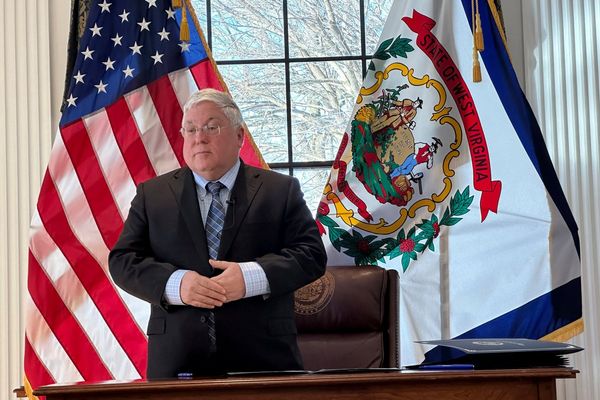Cardinals pitcher Jack Flaherty is a deep thinker who is not afraid to make his beliefs known about social and racial issues, whether through his actions or words.
His support of the Black Lives Matter movement last year, after the police murder of George Floyd and other racially charged incidents nationwide involving law enforcement, rankled some fans but drew applause from others.
He reflects on the background that spurred his openness, as well as other issues, with some interesting comments this week on the debut episode of "The Bigs' — a podcast hosted by former Cardinal Xavier Scruggs and produced by Major League Baseball.
"Flaherty is biracial, and he identifies as Black," Scruggs says. “Last year during the uprisings and protests for racial justice around the world, he was one of the most outspoken players in the major leagues ... condemning police violence. ... And you don't often see players in the major leagues speak out like this."
Flaherty, who was adopted by a single mother when he was three weeks old, tells Scruggs that the roots of his persona come from growing up in a diverse environment in Los Angeles.
"I was always around different cultures ... it was just how it was," he says. "You get into the baseball world and you get to people who did not live in that kind of environment and you see the difference."
He says there was no grand plan for him to become a prominent voice in his field for a movement, adding that he became focused on the topic during the coronavirus-fueled shutdown last year when he had time to study the issues.
That led him to post a message on Instagram. It said, in part: "I have seen the anger and pain that is being expressed daily by my fellow brothers and sisters. First and foremost I want to say that I empathize with you, and I hear your cries for change. I am a mixed person of color, but have been able to reap the benefits of being white due to the color of my skin.
"I have lived my whole life through the eyes of a privileged white male in America. I was adopted at a young age by my mother who is white, I have a brother who is white, and have grown up in predominantly white communities. I cannot and will not ever fully understand the struggles that my Black friends, family, and teammates have ever had to face. I have never been racially profiled for the color of my skin, I have never been treated poorly by a police officer due to the color of my skin. I will never fully know what it is like to be Black in America."
That gained a lot of attention.
“I never ever saw myself having the role that I have now, at all,” he says on the podcast. “I was hoping to never have to be in a position to have to talk about what's gone on throughout 2020. This isn't a time for sports to become a distraction, it's not a time to forget about everything that just went on and the protests that went on. It's trying to use sports and trying to find a way to keep the conversation going.”
He adds that his "mom was scared" when his stances drew attention, because "she saw what happened to (Colin) Kaepernick, who many think was blackballed in the NFL for his controversial kneeling during the national anthem in order to make a social-justice statement.
"I don't want you to be hung out to dry and be like the only one" in baseball speaking out, he says she told him. "... I love you speaking up and I love you talking, but I don't want it to put you in a vulnerable position.”
He says he told her, “Honestly, I've just been asked questions and I'm just answering to the best of my ability."
It has been a learning experience for Flaherty.
“It's been an interesting road to take, but whatever you do everybody’s a human being first,” he says. “So to tell somebody to kind of stay in their lane of what you are doesn't really make sense if everybody is a human being first and foremost to their core. So I don't understand the 'stick to sports' (mentality), or stick to this or stick to that.”







